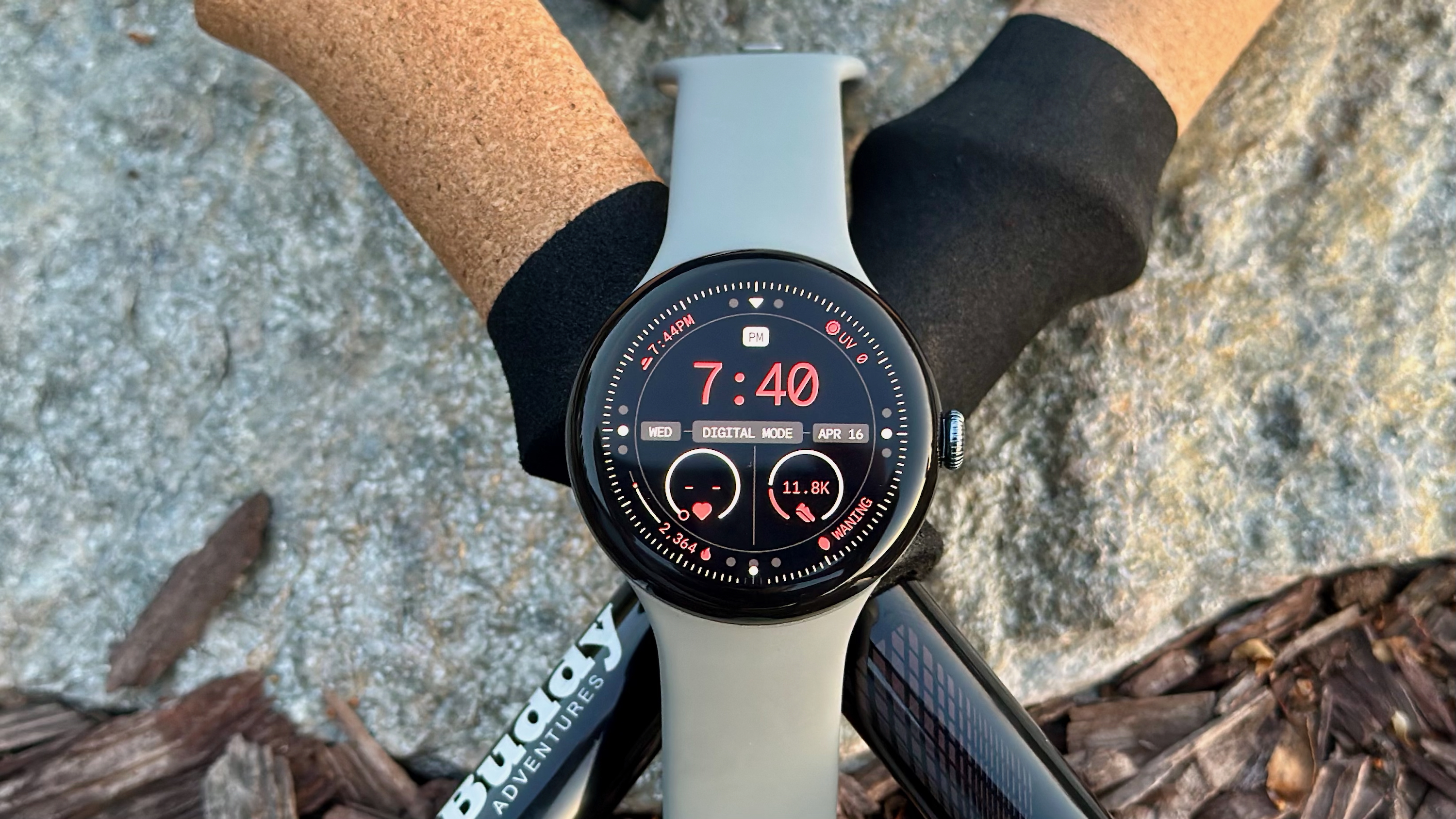Oculus Quest 2 vs Oculus Rift S: Which should you buy?
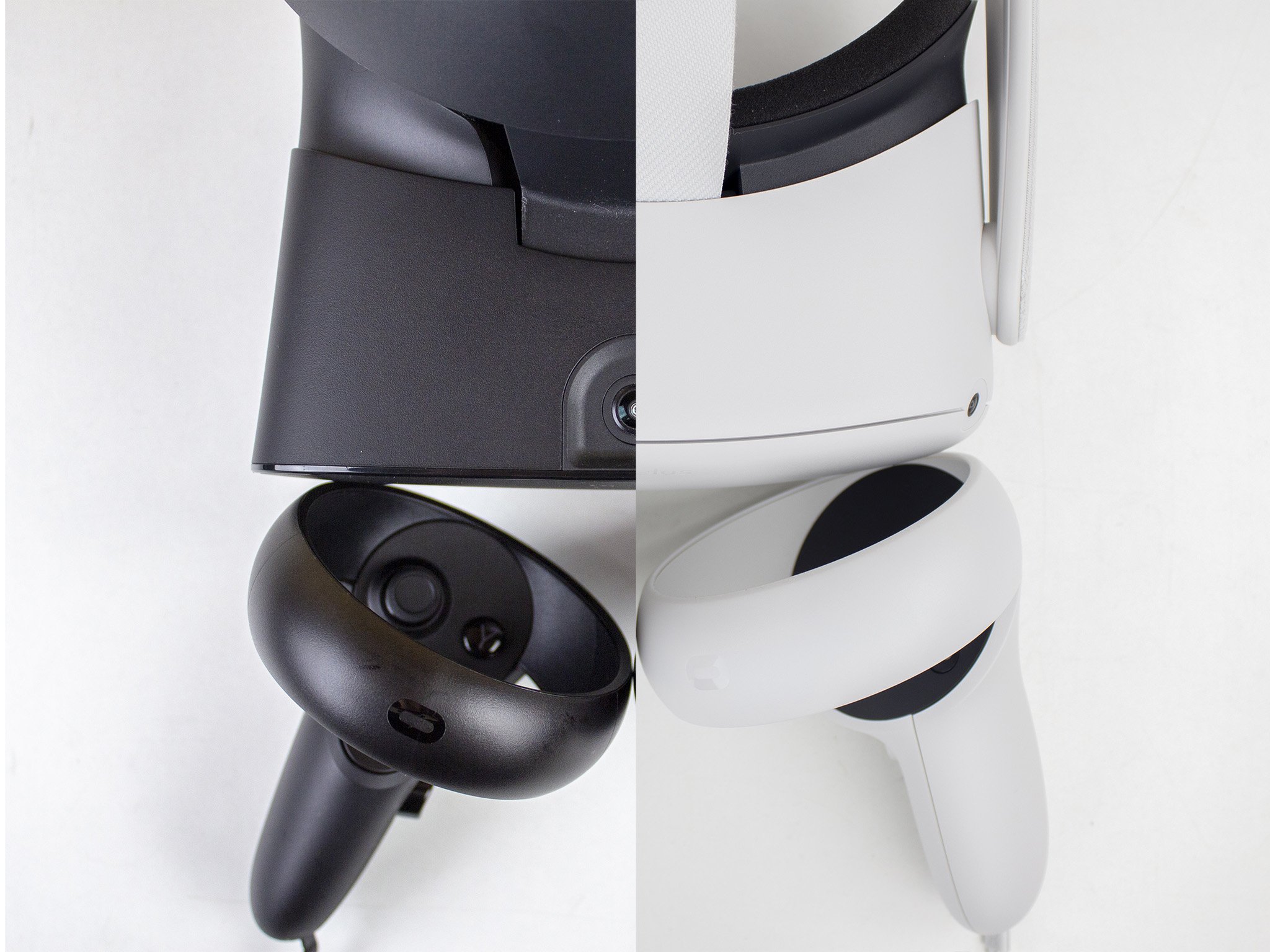
Oculus Quest 2
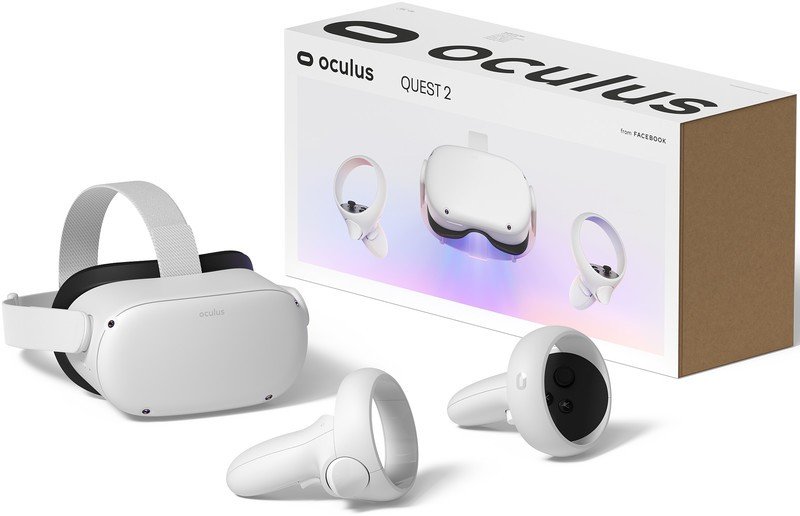
The Oculus Quest 2 represents a true vision for the future of VR from Facebook. It can be used by itself thanks to the powerful Snapdragon XR2 chipset inside, sports the highest resolution display, and has the best built-in speakers on any Oculus headset. It can be optionally used as a PC VR headset and requires no external sensors for room scale tracking.
Oculus Quest 2
The best of both worlds
Oculus Rift S
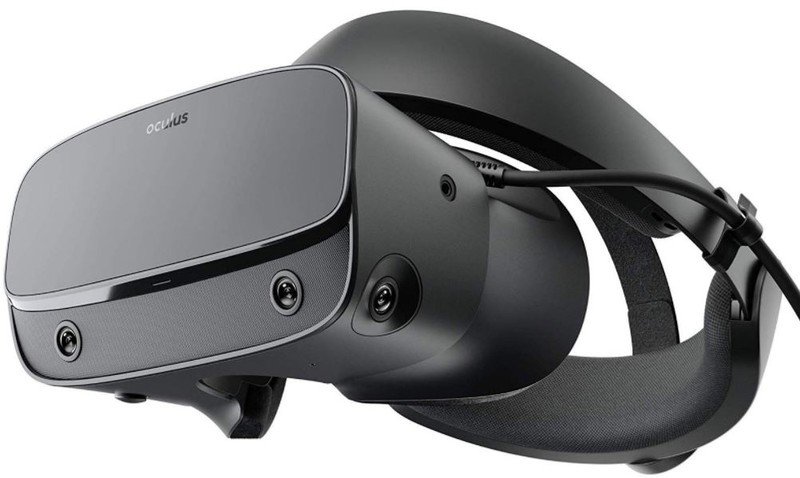
The Oculus Rift S was an interesting upgrade over the original Oculus Rift. While it improved upon the original Rift in some important areas, the lack of physical IPD adjustment, mediocre built-in speakers, and non-removable foam pads and headstrap felt like a step backward. While the tracking is just as good as the Quest 2, it can only play games when plugged into a PC. It's also going to be discontinued in the Spring of 2021.
Oculus Rift S
A dying breed
Spring 2019 saw huge steps for Oculus when it released not one, but two VR headsets. The Oculus Quest and Oculus Rift S represented some drastically different visions for the future of VR, and Facebook saw the success of the Oculus Quest as a clear sign from the market that standalone VR was the way to go. The Oculus Quest 2 improves upon basically everything from the previous generation, including a more modular design that makes it compatible with some of the best accessories. With the ability to play PC VR and standalone games on it, there's really no reason to even consider the PC-only Oculus Rift S these days.
That's not just because the Quest 2 gives gamers the freedom of choosing standalone or PC VR games either. The Quest 2 is just a better all-around experience. That is, of course, if you can get past the Facebook login requirement just to use the thing. Regardless of whether or not you choose an Oculus Quest 2 or an Oculus Rift S at this time, all new users will need to use a Facebook account to log into Oculus software, anyway.
Oculus Quest 2 vs Oculus Rift S: A big upgrade
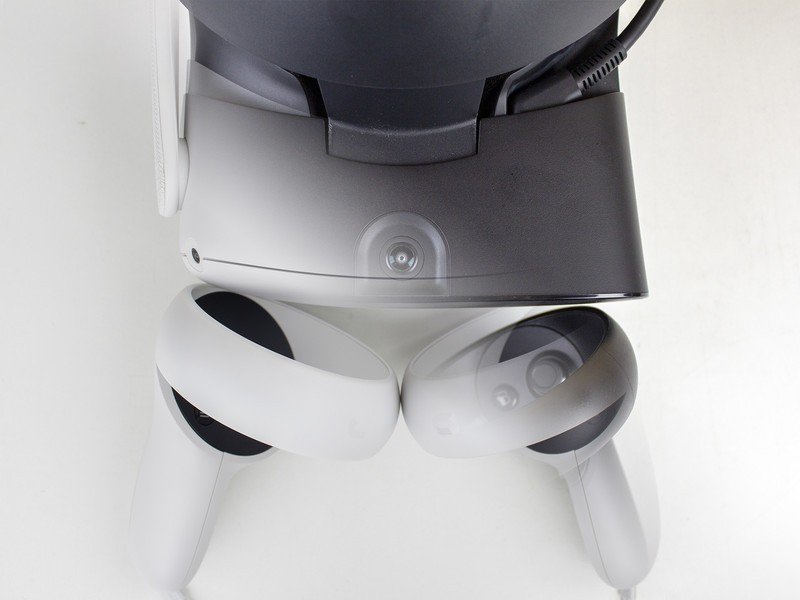
Players upgrading to the Oculus Quest 2 from the original Oculus Quest or even an Oculus Rift S will notice the difference right away. For one, it has the highest-resolution display Facebook has ever put on an Oculus headset, along with the highest refresh rate panel since the original Oculus Rift CV1. It also sports some pretty incredible built-in speakers that'll have you reaching for headphones far less often than other Oculus headsets, but the 3.5mm audio jack on the side makes it easy to plug them in, if needed.
| Header Cell - Column 0 | Oculus Quest 2 | Oculus Rift S |
|---|---|---|
| Display Resolution | 3664x2880 LCD | 2560x1440 LCD |
| Refresh Rate | 90Hz | 80Hz |
| IPD | Physical presets | Digital slider |
| Audio | Integrated speakers, 3.5mm audio jack | Integrated speakers, 3.5mm audio jack |
| Tracking | Oculus Insight with 4 sensors | Oculus Insight with 5 sensors |
| Hand Tracking | Yes | No |
| Controllers | 3rd-gen Touch | 2nd-gen Touch |
| Cable | Oculus Link USB-A or USB-C (optional) | 5 meters long, DisplayPort 1.2 and USB-A 3.0 ports required |
| Interchangeable pads | Yes | No |
| Interchangeable headstrap | Yes | No |
| Battery life | 2-3 hours | N/A (must be plugged in) |
| Facebook Account required? | Yes | Yes, unless you already have an Oculus account |
| Price | $299 | $299 (originally $399) |
The Oculus Rift S display's pixel density was a massive improvement over many previous-generation headsets thanks to the move to an RGB-stripe sub-pixel layout. This made words significantly easier to read, increased overall visible detail, and nearly eliminated the dreaded "screen-door effect" that plagued early VR displays. The Oculus Quest 2 further improves upon this clarity and even increases the refresh rate from 80Hz to 90Hz, making movement smoother and more believable and decreasing motion sickness.
While the design of the Oculus Rift S's speakers made it more effortless to strap on the headset and play, the quality of those speakers left a lot to be desired. Not only were they quiet but they also produced low fidelity sound. The Oculus Quest 2's speakers are significantly better in every regard, offering up an excellent range of sounds, much higher maximum volume, and even 3D audio without requiring headphones. I was unable to enjoy games like Beat Saber on the Oculus Rift S's speakers, while the Oculus Quest 2's speakers provide a significantly better experience.
Be an expert in 5 minutes
Get the latest news from Android Central, your trusted companion in the world of Android
Oculus Quest 2 vs Oculus Rift S: More comfort, better hygiene
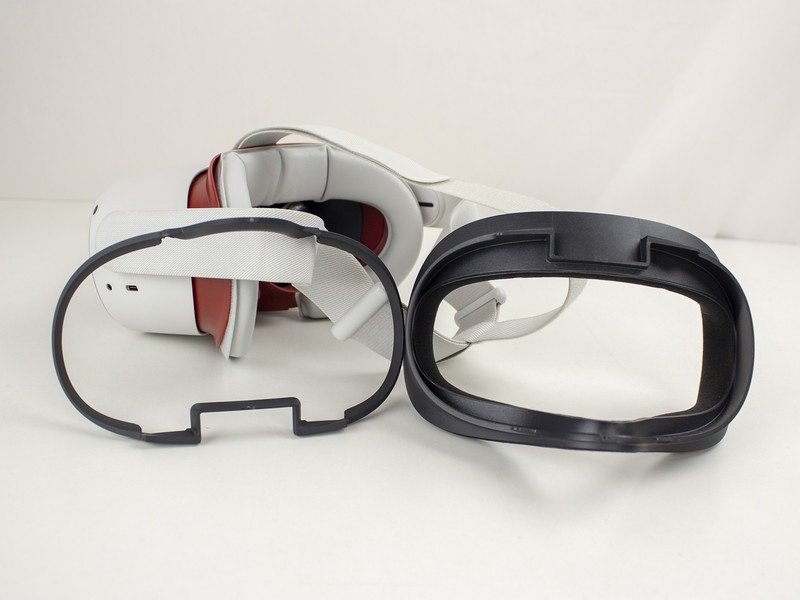
One of the single biggest problems with the Oculus Rift S was its non-modular design. While it shipped with a convenient halo-style head strap that was ultra-easy to apply, there was no official way to remove or replace it with another strap. For me, the Rift S's strap fell off too easily during high-action games where I moved my head a lot or regularly ducked.
Similarly, the thin foam pads that cushioned the headset to your face could not be removed, sometimes leaving a disgusting sweaty mess. While you can get covers from companies like VR Cover, not being able to change the pad out entirely just wasn't a great option. Not only that, but the foam pads around the halo head strap also couldn't be removed, and those can get pretty nasty.
The Oculus Quest 2 not only ships with a much thicker facial foam interface than the Rift S, making it much more comfortable to wear, but these pads are made to be removed and replaced. Several companies make excellent pad replacements, including alternate materials like PU leather, which are more comfortable than the foam for some users. Additionally, the cloth straps that ship with the Quest 2 can be easily changed out with any number of different style straps, available from Oculus and plenty of third-party companies.
Beyond just the comfort and hygiene improvements is the question of interpupillary distance. While the Oculus Rift S features a digital IPD adjustment that shifts pixels on the screen to better line up the center of your view, the Oculus Quest 2 provides a proper physical IPD adjustment option. While the Quest 2 has a more limited IPD range than the original Quest, physical lens adjustments just fit a wider range of users. Improper IPD selection can cause headaches, motion sickness, and other problems.
Oculus Quest 2 vs Oculus Rift S: Play any way you like
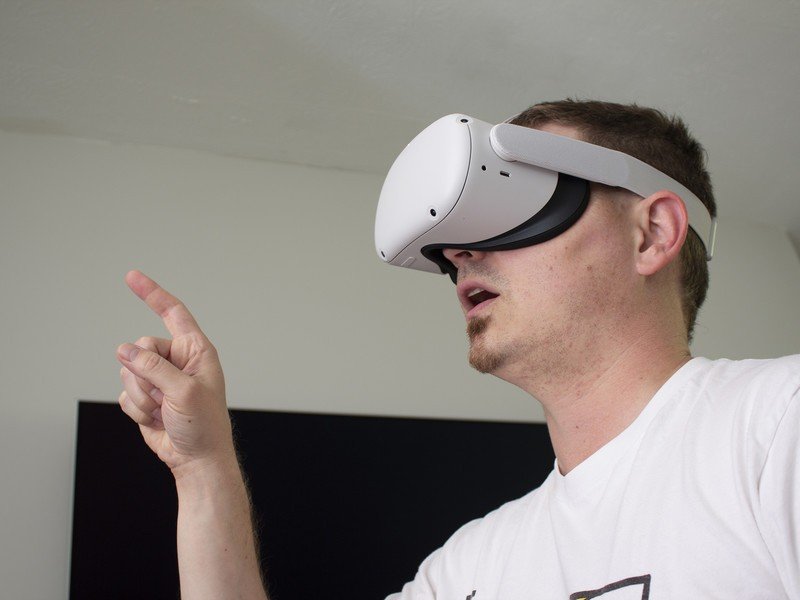
Like the original Oculus Quest, the Oculus Quest 2 is a fully standalone VR console. It was designed to play VR games with the dedicated processing hardware inside, much like you would play games with a Nintendo Switch, Xbox, or PlayStation. Since Facebook is discontinuing its PC VR hardware going forward, the Oculus Quest 2 was also made to be hooked up to a PC and used as a PC VR headset.
What's particularly great about the Oculus Quest 2's hybrid abilities is that it can play PC VR games either via a cable or wirelessly. Officially, Oculus currently only supports using an Oculus Link cable, but there are several different options available, including third-party wireless solutions like Virtual Desktop. This means you can easily play PC VR games wirelessly if you have a good enough router.
Beyond the ability to play on its own or as a PC VR headset, the Oculus Quest family sports a huge feature that's unique among all VR headsets: hand tracking. Normally relegated to commercial headsets or available only via a separate add-on hardware module, the Oculus Quest 2 can track your hands out of the box with no additional configuration.
Hand tracking can be used to effortlessly put the headset on and navigate through the entire Oculus Quest home screen, as well as any supporting applications and games. These titles let you use your hands instead of picking up the controllers, which adds a uniquely immersive layer to the VR experience that controllers simply cannot offer.
Oculus Quest 2 vs Oculus Rift S: No doubt, this is the correct route
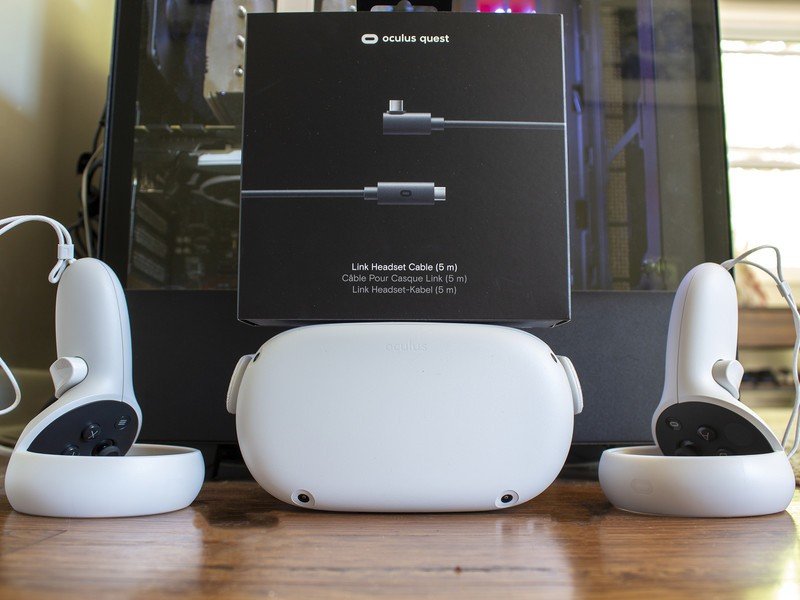
When choosing between the Oculus Quest 2 and the Oculus Rift S, it's exceedingly clear that there's little reason to ever consider the Rift S any more. With it being discontinued this year, along with the fact that the Quest 2 is the only VR headset that Facebook will be offering for the foreseeable future, it only really makes sense to pick up a Quest 2 and never look back.
If you've already got an Oculus Rift S and are considering upgrading, there are plenty of reasons to pull the trigger. At $100 less than the price the Rift S was originally sold at, the Oculus Quest 2 offers more ways to play, a better and more sanitary experience, and a bright future full of tons of amazing new games and apps being created by hundreds of developers. As the only VR Oculus console available, the Quest 2 is the best way to experience VR, and certainly a better experience than the Rift S ever provided.

